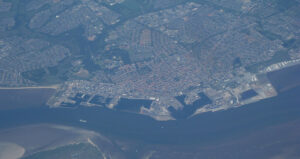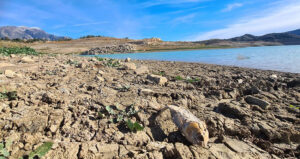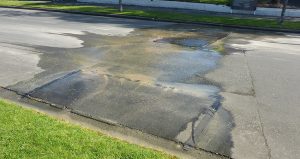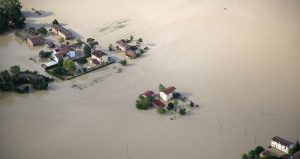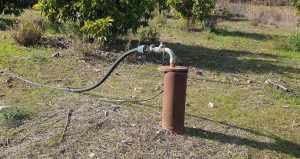Germany adopts groundbreaking national water strategy
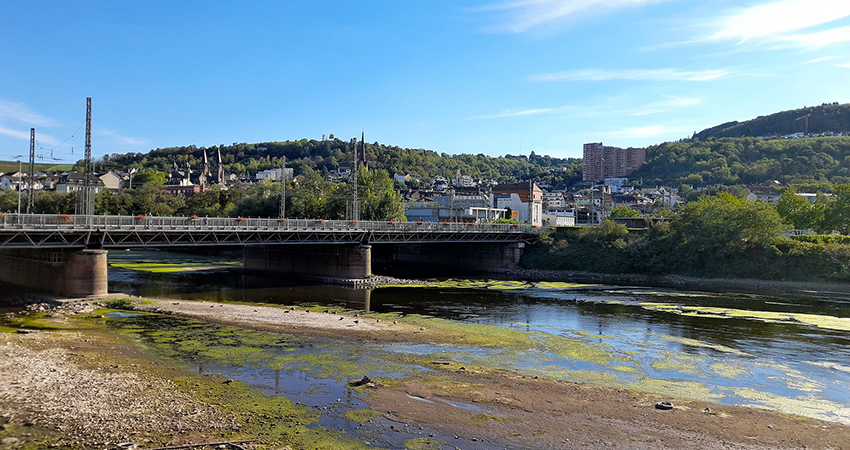
-
 Fergal MacErlean
Fergal MacErlean
Share article:
In a bid to futureproof the country against water shortages, Germany has agreed on a groundbreaking national water strategy to operate under the changing situation of long dry seasons and heatwaves caused by climate change. The first-ever national water strategy was adopted by the federal cabinet on 15 March 2023. The “programme of water measures” named in the strategy are to be implemented step by step until 2030.
In a statement the German Environment Agency (Umweltbundesamt – UBA) said: “This national water strategy and the associated ‘programme of water measures’ lay the foundation for a sustainable management of our water resources and the protection of our water bodies. Water management and water protection are facing diverse challenges due to climate change, globalisation, diffuse substance inputs and demographic change.
Ensure enough drinking water in 2050
“The National Water Strategy aims to ensure the sustainable use of our water resources in 2050 and beyond. In the long term, access to high-quality drinking water is to be maintained, the responsible use of ground and surface waters is to be ensured in other sectors as well, and the natural water balance and ecological development of our water bodies are to be supported.”
Drought
Last summer low water levels severely impacted inland shipping on the Rhine, with reduced shipping loads affecting coal and oil transport. Economic losses were huge on this mighty waterway which connects industry in Germany, France and Switzerland with the port of Rotterdam in the Netherlands. At the same time water and heat stresses substantially reduced summer crops’ yields. Last August the European Commission Joint Research Centre warned that the drought could be the worst in 500 years. And it has predicted that severe drought will worsen in Europe, potentially reaching 47% of the continent. According to the World Water Forum (WWF) poor water management of rivers, lakes, wetlands and groundwater of EU Member States is worsening the impacts of drought.
Strategic themes
The strategy is divided into ten strategic themes:
- Protect, restore and ensure a semi-natural water regime for the long term – prevent water scarcity and conflicting goals
- Ensure that land use in rural and urban areas is compatible with water bodies and adapted to the climate
- Further develop sustainable management of water bodies – achieve and preserve good status
- Mitigate risks caused by pollutants
- Further develop water infrastructure adapted to the climate – protect against extreme events and ensure supply
- Link water, energy and substance cycles
- Strengthen efficient administrations, improve data flows, optimise legal frameworks and secure financing
- Intensify protection of marine areas (North and Baltic Seas) from pollutants from land
- Raise awareness of water as a resource
- Work together to protect global water resources for the long term
On this last theme the strategy document states that the implementation of the National Water Strategy relies on cooperation with stakeholder groups and on platforms for dialogue and outlines proposals for greater participation in planning and decision-making processes.
Worst-case scenario
Somewhat chillingly the document also spells out how ‘the climate crisis has serious implications for water availability’ warning that ‘the risk of overuse has thus increased significantly’. It also notes that ‘sustainable uses of water also play a role. All urban and rural water uses and needs must therefore be continually adapted to the potential worst-case scenario.’



